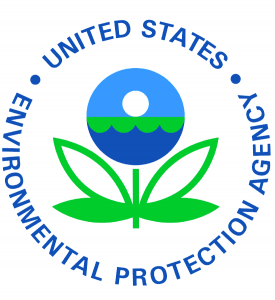Here are a few interesting new rulings from the federal appellate courts.
COURT ORDERS
Like a Good Neighbor …? — State of Maryland v. EPA
On May 19, 2020, the D.C. Circuit decided a Clean Air Act case involving the use of the “Good Neighbor Provision” of the Act, which is triggered when one state has a complaint about emissions generated in a neighboring upwind state that settle in the downwind state. Here, Maryland and Delaware filed petitions with EPA seeking relief from the impact of emissions from coal-fired power plants that allegedly affect their states’ air quality. EPA largely denied relief, and the court largely upheld the agency’s use and interpretation of the Good Neighbor Provision. The opinion is valuable because of its clear exposition of this complicated policy.
 Gravel2Gavel Construction & Real Estate Law Blog
Gravel2Gavel Construction & Real Estate Law Blog



